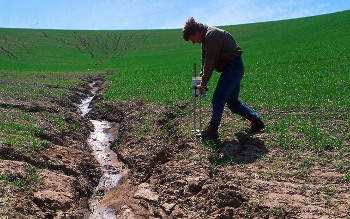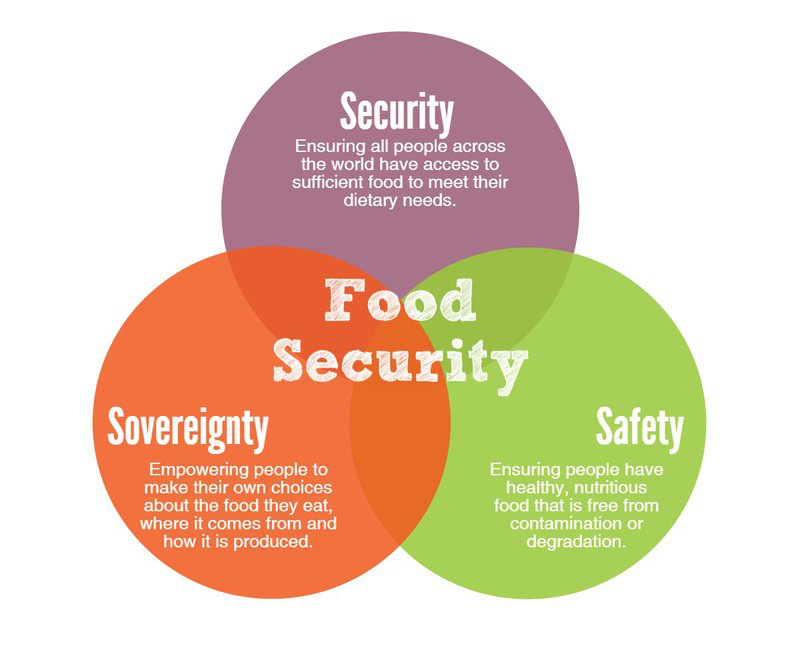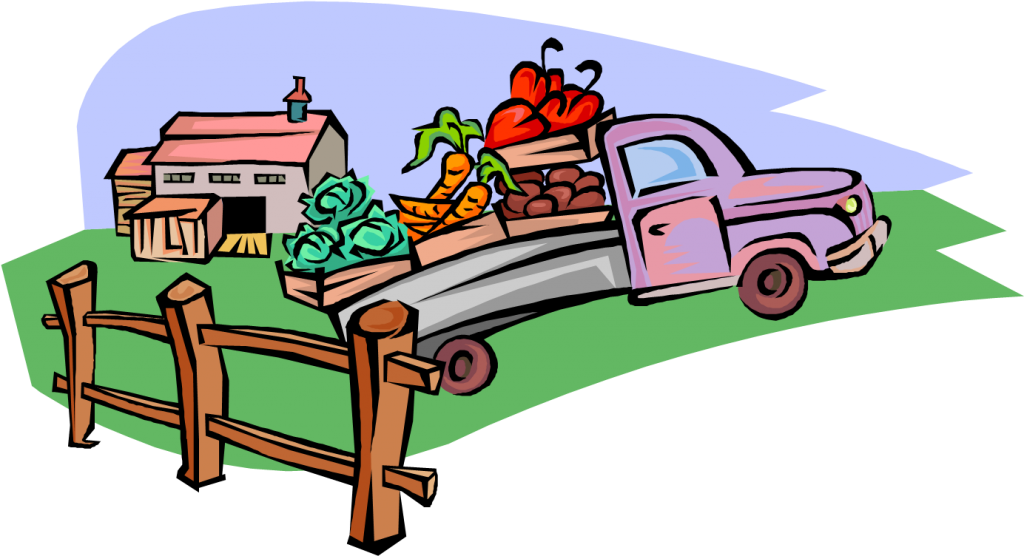
Food security goes beyond just access to food. The idea of food security also needs to take into account the availability of adequate and nutritious food. It is crucial to ensure that current and future generations not only have enough food, but enough healthy food. Sustainable agriculture can play a key role in solving some issues associated with food insecurity. There is a complex relationship between agricultural practices and human health.
Food insecurity can arise when one does not have enough access to nutritious food. To feel food secure, one should have reliable and consistent access to caloric and nutrient-dense food. Unhealthy diets or food insecurity are tied to developmental issues, illness and disease, especially in mothers and infants.
The reason sustainable agriculture practices are so critical and so closely tied to food security is that economic, social, and environmental problems all coexist. Sustainable food and agriculture is essential in order to ensure that food is accessible and nutritious for all. When natural resources are managed and maintained properly (i.e., keeping farms and ecosystems in tact), the current and future food demands can be met easier. At the current moment, it seems as if the limits of what our planet can produce is close to being met. We are close to wiping out our natural resources and facing climate change, all while food insecurity is an ever present issue. While there might not necessarily be a lack of food, there is a lack of proper nutrition in the food grown, as well as a lack of proper land usage/maintenance to grow the food needed to feed the world.

It’s a large question, but it begs to be asked: can sustainable growing methods feed the globe? Sustainable agriculture can help solve issues with food insecurity. According to the UN, sustainable agricultural practices and food systems, as well as the protection of land, are crucial aspects of meeting current and future food security needs (United Nations). In rural areas with scarce resources, especially scarce water resources, the preservation of and proper usage of water to grow food is important to maintaining food security. By adopting more sustainable practices, farmers are able to provide food for those in need while maintaining their land and water resources.
Local and sustainable growing methods allow farmers to keep their foods locally, ensuring it’s safer and fresher for consumers. With less people handling the food before it reaches you, local food is less likely to have contamination, keeping it safer for consumers. Additionally, locally grown and sustainable food doesn’t need to travel far to reach the buyer; by cutting out the long trips, it is more likely the food that is grown can get in the hands of those in need. In this way, there is less waste, meaning more food gets to the consumer’s table. Having safer and fresher food is crucial to maintaining food security.

Moving forward, there are steps that can be taken to meet the needs of both food security and sustainability. One of the biggest impacts can be made through policy implementation. Policies that integrate and encourage sustainable agricultural methods in farming practices are crucial to helping meet global food demands. For example, as stated in a research article by the Committee on World Food Security, building on pre-existing agreements such as the WHO’s One Health Initiative and the OIE Guidelines for Animal Disease Control can help bridge the gap between the needs for both sustainable farming practices and adequate food supply (FAO). Addressing nutrition and ensuring that food that is grown can promote a healthy diet are also critical steps in ensuring food security. On top of all this, it is important to protect the environment and limited natural resources. Halting or slowing environmental degradation and improving land quality can help integrate wide-scale, sustainable production.
Sources:
United Nations: https://sustainabledevelopment.un.org/topics/foodagriculture
Committee on World Food Security: http://www.fao.org/3/a-bq854e.pdf

Leave a Reply
You must be logged in to post a comment.